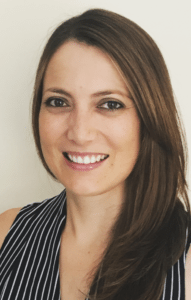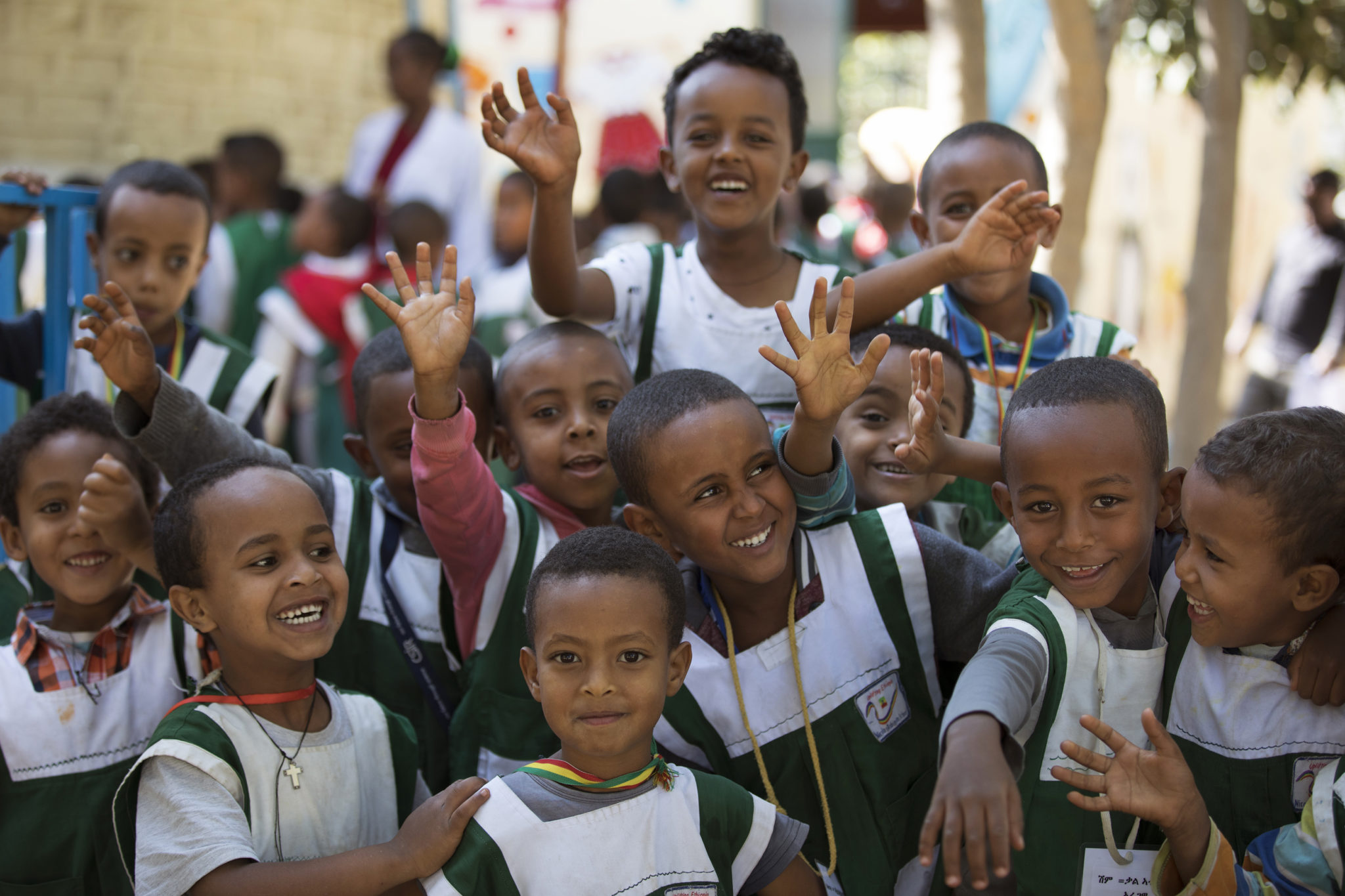Chantel Rijtma and Leandrie Pentz are the Dubai-based team behind PDSi Kids, a self-development programme supporting children in defining and achieving their ambitious goals. Later this month, they will travel to Ethiopia to support Naseba’s stretch programme, working with Rainbows4Children.

Chantel Ritjma

Leandrie Pentz
What is your professional background and how did PDSi Kids start?
Chantel: My background is in psychology and I’m also a fully certified coach.
I started my professional career in the financial sector and, after working with a number of global institutions, I decided to follow my personal interest to pursue coaching and psychology.
I started working with schools and met Dawn Metcalfe, who is the owner of PDSi. She is focused on the adults and then we came up with the idea of kids’ coaching as well.
The main idea for us is to empower and inspire kids and make a difference in the lives of our young adults.
Leandrie: I am actually a qualified accountant, but I studied NLP & Coaching in 2016 while on a career break and became a certified coach. At the same time I also became a Parent Effectiveness Training (PET) Instructor through Gordon Training International. PET teaches parents how to effectively communicate with their children to resolve conflicts and to teach them problem solving skills.
I joined forces with PDSi Kids last year and my role is to provide coaching and support to parents and I also present the PET courses.
How did the opportunity to support Rainbows4Children arise?
Chantel: We met the lovely Sophie Le Ray at the Naseba Global WIL Economic Forum where we were moderating a session and also working with Facebook on their global drive to promote coding to teenage girls.
Sophie approached PDSi Kids and asked if we would like to be involved in Rainbows4Children and we had absolutely no hesitation.
What made you take the opportunity?
Chantel: As soon as we were asked to collaborate, there was no discussion, no questions, we just had to do it!
Our main drive is our love for children, making a difference in their lives and shaping them to be our future leaders.
Why is it important to develop leadership skills in children from a young age?
Chantel: If you type leadership into Google, there are more than 4.5 million results, from what it means to be a leader, what defines a leader, to the most famous leaders who ever lived. But what is missing is what leadership means to our young adults and why it is important.
We believe that those skills should be developed when kids are young and for us to be part of that transformation is very important.
How will the leadership skill sets benefit the children you will work with in Ethiopia?
Leandrie: As a career coach, I am very focused on teaching effective communication skills, not just to children but to parents and teachers as well. I believe that by communicating effectively we form relationships built on respect and we also learn to resolve conflicts and problems in a way that improves our emotional intelligence.
I am very passionate about that and that is definitely what my focus will be when we are in Ethiopia.
Chantel: For me also, one of the most important skills is teaching children to lead themselves and I think that by learning to lead themselves, they can learn to lead others in future, too. It’s about taking responsibility, helping them develop self-sufficiency and a positive mind-set as well as mentoring skills. However, the most important thing is that we build their confidence to become future leaders.
Do you think, with the pressures of modern society, there is more of a need to develop such skill sets in children?
Leandrie: I think there have always been challenges for kids to develop into confident individuals. However, what makes that more challenging today, is the era we live in, with a widespread lack of patience and where everyone is after instant gratification. Children are not taught to work for what they want. We need to apply leadership skills in many areas, now more than ever.
That’s why we teach kids how to set goals and how to achieve them, how to be more confident and how to be a good leader.
Chantel: Absolutely. Young children today are our future leaders, and they will shape the world tomorrow. If we can teach them now, at a young age, about their responsibility as people and the power they can create for the benefit of our future citizens, it’s good for everybody across society and, on a personal level, it’s good for our emotional wellbeing as individuals.
What is your key objective for the week-long programme with Rainbows4Children?
Chantel: We want to empower children and help them to develop and strengthen their leadership skills, whether it’s for now or their professional future, and, in doing that, we need to look at all the aspects that shape and influence them.
It is our desire to help kids develop and to uncover their hidden talent, help them discover their strengths and be aware of how they can work around their weaknesses.
Specifically for Ethiopia, we have a personal development programme that uses a SWOT analysis. We use interactive group activities to identify the kids’ strengths, weaknesses and opportunities and this challenges the kids to think about themselves and their abilities and allows them to identify key areas for us to work with them on.
This is a critical time for them. They are at an age where they are applying for university and we will be covering all these aspects to help them understand their challenges – what are the things they are facing?
We hold one-on-one coaching sessions with them to help prioritise their goals and understand their competencies. Help them see where the gap is, where they are now and how they can reach their goal, and then we ask how can we inspire them to get there?
Do you expect to learn anything from the experience yourselves?
Leandrie: Every experience is an opportunity to learn and as much as we are planning to teach the children valuable skills, I know that I will not leave there unchanged. Children are generally carefree and happy and so accepting of people. They have a way of showing us what is important in life.
I’m really looking forward to it.
Chantel: Another thing we are doing is a collaboration workshop. It’s for parents, teachers and young adults and they will by challenged, in teams, to build the biggest marshmallow tower. By having lots of different age groups and skills in each group, we will demonstrate how we learn from each other and I think it will be amazing.
Rather than teaching children how to comprehend prescribed knowledge, we will challenge them to come up with creative solutions, learning from adults and young people in the group. That’s very exciting – we will be able to demonstrate the importance of learning from each other.
What are the top three leadership skills you believe are the most important for a child to develop?
Leandrie: There are many facets to leadership and many skills can be counted, but for me, the top three are:
Confidence – with who you are and what you can achieve. I think a lot of kids are lacking confidence everywhere in the world, not just in Ethiopia.
Communication – to learn to effectively communicate with their peers as well as parents and teachers. Effective communication helps build respectful relationships as well as teaches us to resolve problems and conflicts without damaging our relationships.
To be conscious of your own strengths – and also be aware of your weaknesses and the areas where you can improve. We help kids gain awareness of their strengths and weaknesses through one-on-one coaching and guiding them where they need a little more help and support.
Chantel: And finally, bringing all these areas together, I think the most important thing is to learn how to lead yourself. Because if you can lead yourself, you can lead others.






